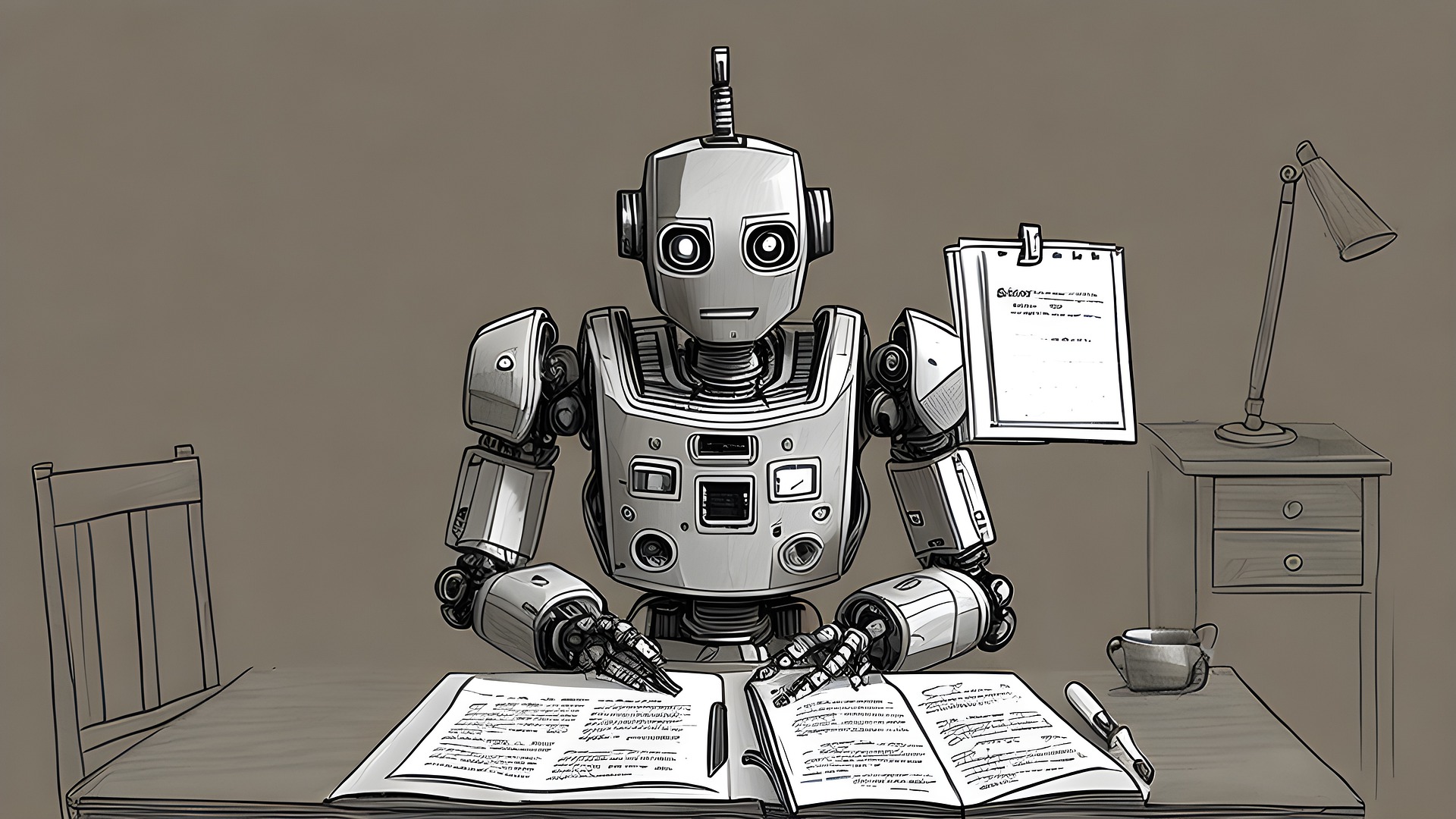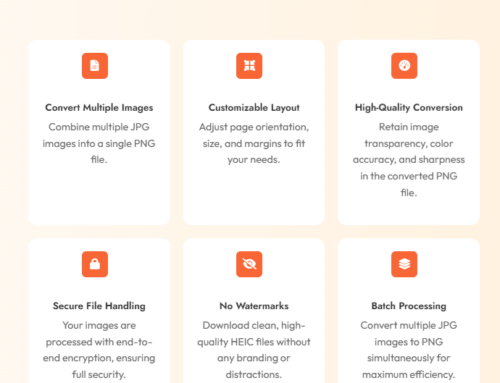Have you ever wondered what it would be like to write a novel or a screenplay with an AI as your co-writer? Sounds interesting, right? With AI tools becoming more advanced, many writers are now exploring how artificial intelligence can help them create engaging stories, structure their ideas, and even refine their writing style. But how does this human-AI collaborative writing actually work, and is it truly beneficial for writers? Let’s dive in and find out!

What is Human-AI Collaborative Writing?
Imagine you have a great idea for a novel, but as soon as you sit down to write, your mind goes blank. It happens to the best of us, right? Now, what if you had an AI tool that could suggest plot twists, refine your sentences, or even help structure your chapters? That’s exactly what human-AI collaborative writing is all about! It’s when human and AI work together in collaborative writing, using artificial intelligence to speed up the creative process. Instead of replacing writers, AI-generated content helps them by acting like a brainstorming partner, offering fresh ideas and enhancing storytelling.
Let’s say you’re writing a sci-fi screenplay. You describe your main character and the setting, and the AI suggests an unexpected story arc using large language models. Some ideas might spark new thoughts, while others may not fit your style, but the generative nature of AI allows you to explore endless possibilities. In the end, it’s still your creativity that shapes the final story. Human-AI collaborative writing is not about letting AI take over but using it to enhance your writing and make content creation more efficient—similar to how a Pro Forma Invoice Template streamlines and improves the accuracy of your financial documentation process.
How AI is Changing the Writing Process
Just like how human-AI collaborative writing helps writers brainstorm and refine ideas, it is also transforming the entire writing process itself. Writers no longer have to struggle alone—thanks to AI-assisted content, they can now get instant suggestions, corrections, and even creative prompts. Whether it’s academic writing, storytelling, or business reports, the integration of AI has made writing more efficient and accessible. Generative AI tools like ChatGPT and GPT-3 can analyze vast amounts of text from their dataset, providing human writers with fresh perspectives and structured ideas.
Imagine you’re drafting a research paper but unsure how to organize your points. Instead of staring at a blank screen, you turn to an AI system, which quickly suggests an outline and key points based on existing research. You review and refine the AI-generated content, adding your personal insights and analysis. This blend of human writing and AI-driven assistance not only speeds up the process but also improves overall quality.
How AI is Transforming Writing:
- AI-assisted content: Helps structure ideas and improve readability.
- AI technology: Provides instant feedback and grammar corrections.
- GPT-3 and other AI systems: Generate text based on prompts.
- Collaborative learning: Humans and AI systems work together to enhance creativity.
- Writing tools like ChatGPT: Assist in brainstorming and content creation.
With human-AI collaborative writing, writers are no longer limited by writer’s block or lack of inspiration. The key is to balance AI-generated content with human creativity, ensuring that the final work still carries the unique voice and personal touch of its author.
How can AI assist humans in writing novels or screenplays?
Writing a novel or screenplay requires creativity, planning, and a lot of time. AI tools are now helping writers speed up the process and provide fresh ideas when they feel stuck. These tools can suggest plot points, refine dialogues, and even help structure a story more effectively.
Here’s what V. Frank Sondors, founder of Salesforge.ai, says about this:
“AI tools excel at generating ideas, structuring content, and providing quick drafts. In writing, they can help map out chapter outlines, suggest phrasing, or even refine tone based on the audience. For instance, if I were drafting a book on sales automation, I’d use an AI tool to analyze trends and suggest insights, letting me focus on expanding the narrative.
AI can provide structure and fresh perspectives, but the human touch shapes the story’s emotional and intellectual depth. It’s exciting to see how these tools are changing the creative process. Writers aren’t being replaced, they’re gaining collaborators that make the process more dynamic and efficient.
Over-reliance on AI can lead to content that feels robotic or detached from the intended emotional resonance. Writers should always review and refine what the AI generates, ensuring the final product stays authentic and aligned with their voice and purpose. Balancing human creativity with AI’s efficiency is the key to meaningful collaboration.”
So, while AI can be a great writing assistant, it’s the writer who adds the heart and soul to the story.
Like any partnership, working with AI as a co-author has its advantages and challenges. Let’s take a look at both sides.
Pros:
- AI can quickly generate ideas, saving time.
- It helps structure content and improves grammar and phrasing.
- AI can provide alternative perspectives, making stories more diverse.
- Writers can overcome writer’s block with AI-generated prompts.
- AI tools offer unbiased feedback on plot holes or inconsistencies.
Cons:
- Over-reliance on AI can make writing feel less personal.
- AI-generated content may sound generic or lack emotional depth.
- Writers might lose their unique voice if they depend too much on AI.
- Legal and ethical concerns arise about AI’s role in authorship.
Here’s what João Vitor Nunes de Oliveira, co-founder of YouGenie, says about this:
“Generative AI can be a powerful ally for authors and screenwriters who are searching for fresh ideas or struggling to overcome writer’s block. At its most basic level, an AI model trained on massive amounts of text can serve as a creative catalyst: you feed it some prompts about plot, character traits, or the tone you’re aiming for, and it returns a range of suggestions that might surprise you. These suggestions aren’t necessarily a final product—often, they act more like kindling for your own imagination. If you’ve ever stared at a blank page, unsure how to open your next chapter or scene, an AI prompt can spark a line of thought that helps you jump back into the writing flow. It’s like having a brainstorming partner who never runs out of ideas and has read practically every book and screenplay in the library.
But this collaboration also raises an interesting question: how do we handle the relationship between a human author and an AI co-author? On the one hand, AI can be a real time-saver. It can speed up research, propose alternate story arcs you never considered, or even help polish your prose by suggesting more elegant wording. There’s also a kind of unbiased feedback loop—AI doesn’t come loaded with the same emotional attachment to your plot or characters, so it might point out narrative holes or inconsistencies you’d otherwise miss. On the flip side, there’s a risk that overreliance on AI can flatten your personal style. If you keep accepting AI-generated lines and scenes without critically editing them, the final work might start to sound generic or formulaic. Creativity isn’t just about assembling good sentences; it’s about forging your unique voice, and too much automation can dilute that voice. Additionally, there’s the question of who holds true creative control. If a writer depends heavily on AI, do they still feel that sense of ownership and accomplishment when the work is done?”
So, while AI can be a fantastic tool, it’s up to writers to ensure their originality and creativity shine through.
Could AI be credited as an official writer in literary awards?
Human-AI collaborative writing is a hot topic in the writing community. Many people wonder if AI should be credited as a co-author in books or even recognized in literary awards. However, most award committees still require human authorship.
Here’s what João Vitor Nunes de Oliveira thinks about this:
“Now, regarding whether an AI could be officially credited as a writer in literary awards- the conversation there is evolving rapidly, and different institutions may have different stances. Generally, authorship has historically been tied to human creativity and the exercise of personal skill, effort, and emotional labor. Many award committees and legal frameworks require a human author to claim responsibility for the work, partly because intellectual property laws were drafted with human creators in mind. In practice, it’s unlikely that major literary prizes would recognize AI as an official awardee any time soon. Even if AI contributed significantly, the norm is for the human collaborator to take credit, acknowledge the tool’s assistance, or sometimes mention it in the acknowledgments. Some people see this as a protection of art’s “human core,” while others argue that as AI grows more sophisticated, we might eventually need new definitions of authorship. For the moment, though, cultural and legal norms favor the idea that while AI can be a mighty co-pilot in the creative journey, the pilot’s seat and the award trophy remain in human hands.”
So, while AI can assist in the creative process, literary awards still recognize the human effort behind a piece of writing.
Will AI Take Over Creative Writing?
With human-AI collaborative writing becoming more popular, many wonder—will AI writing completely replace human creativity? While AI algorithms can identify patterns and suggest ideas, they still rely on human intuition and imagination to create meaningful stories. Writers today are leveraging AI as a writing assistant, using it to brainstorm, improve structure, and speed up research. But even though AI tools generate content, they don’t have human emotions or personal experiences, which are crucial for deep storytelling. The real magic happens in the collaboration between humans and AI, where AI provides a framework and humans refine it with creativity and depth.
Take a novelist, for example. They might use AI to outline a plot or develop character traits, but the emotions, twists, and unique storytelling style come from the human mind. Integrating AI tools in aspects of the writing process can enhance human productivity and creativity, but it doesn’t mean AI will take over completely. Instead, the landscape of writing is evolving into a space where writers and AI work together, creating a more effective human-AI partnership.
AI’s role is not to replace writers but to assist them. As technology improves, so will collaborative AI, making professional writing more efficient while ensuring that human users remain in control. The future of AI collaboration isn’t about machines taking over—it’s about how we choose to collaborate with AI to tell better stories.

Will AI Take Over Creative Writing?
The rise of human-AI collaborative writing has sparked a big question—will AI replace human creativity? The truth is, AI can enhance the writing process, but it can’t fully take over. AI models are great at analyzing vast amounts of human-written text and suggesting improvements. However, storytelling is more than just putting words together—it’s about emotions, experiences, and personal touch. The potential of human-AI collaboration lies in using AI rather than replacing human creativity. Writers can use AI-driven tools to generate ideas, refine drafts, and improve efficiency, but they still shape the final story.
For example, a journalist covering a breaking news event might use AI to analyze large datasets and summarize key details quickly. Generative artificial intelligence can process reports, compare sources, and provide insights, allowing the journalist to focus on storytelling. This kind of effective collaboration helps in increased writer productivity, ensuring high-quality content without losing the human touch. Similarly, AI is used in social media content, where tools offer creative suggestions while keeping the message authentic.
As human-AI collaborative writing paves the way for new possibilities, it’s important to investigate the extent to which it influences creative writing. Just like AI is used in healthcare to detect diseases by analyzing medical records and make real-time decisions, it plays a role in enhancing writing by offering suggestions and enhancing the overall creative process. The future of writing isn’t about AI taking over—it’s about harnessing the potential of AI while keeping the human voice at the heart of storytelling.

